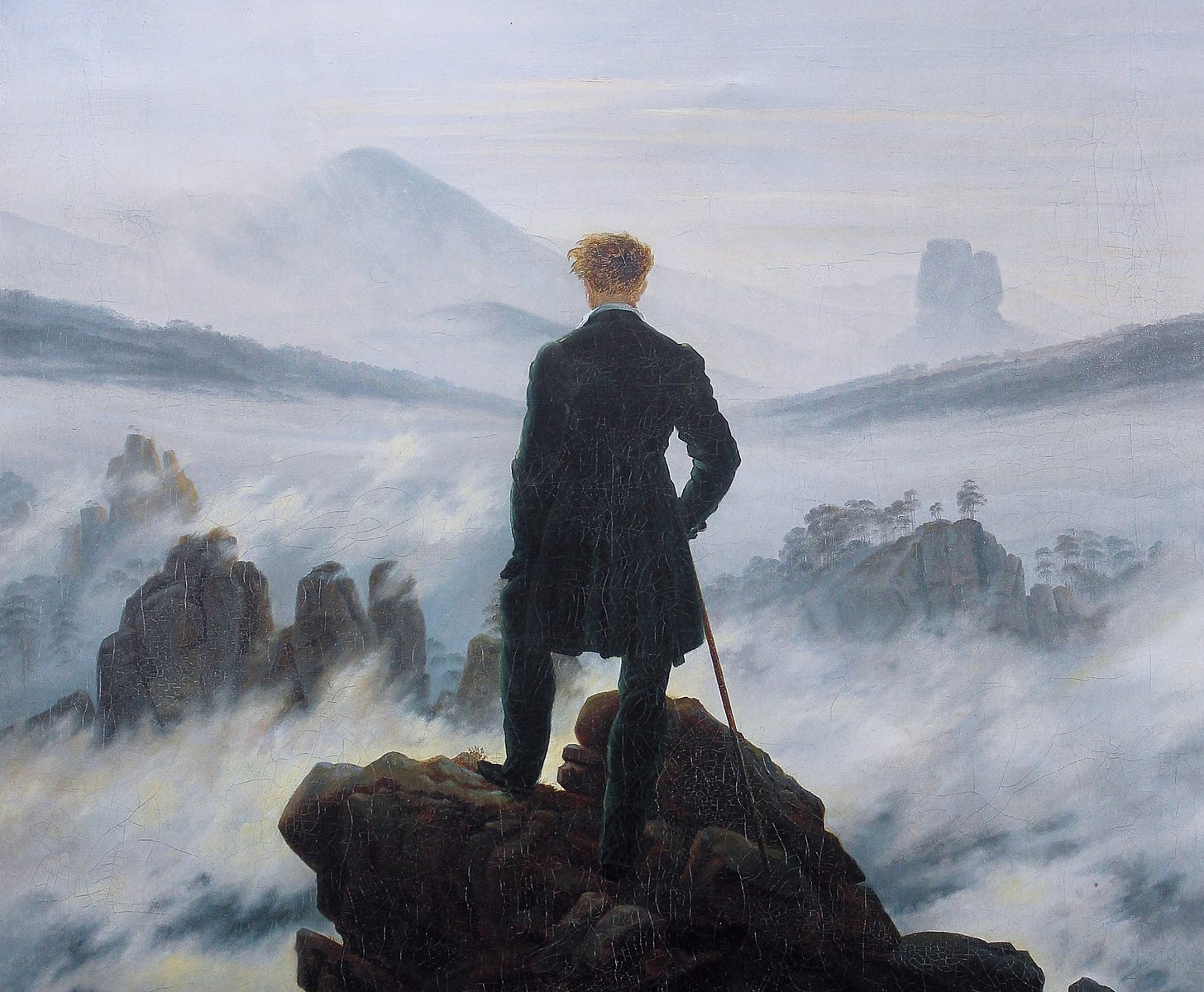
“Moreover, you must walk like a camel, which is said to be the only beast which ruminates when walking.”
— Henry David Thoreau, 1861
Is something bothering you?
Maybe it’s job-related. Or a personal relationship. Perhaps you’re struggling with a problem that needs your attention.
We have known this for decades: we think better when we walk.
The Latin phrase solvitur ambulando makes it clear: “It is solved by walking.”
Whether because we distract ourselves and let our minds wander or simply find inspiration from the things around us, there is a link between great thinking and obsessive walking.
“It is the best of humanity, I think, that goes out to walk. In happy hours all affairs may be wisely postponed for this. Dr. Johnson said, ‘Few men know how to take a walk,’ and it is pretty certain that Dr. Johnson was not one of those few. It is a fine art; there are degrees of proficiency, and we distinguish the professors from the apprentices. The qualifications are endurance, plain clothes, old shoes, an eye for nature, good-humor, vast curiosity, good speech, good silence, and nothing too much. Good observers have the manners of trees and animals, and if they add words, it is only when words are better than silence. But a vain talker profanes the river and the forest, and is nothing like so good company as a dog.”
— Ralph Waldo Emerson, 1857




